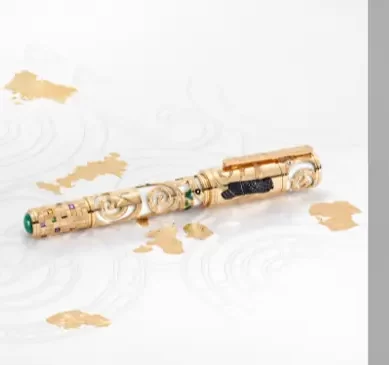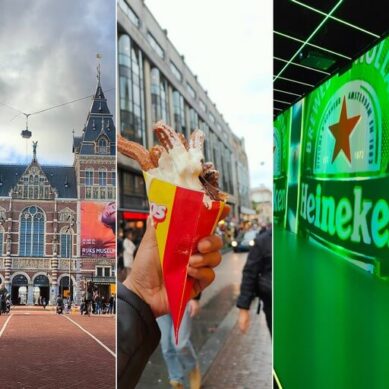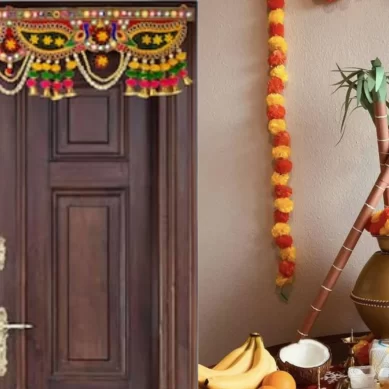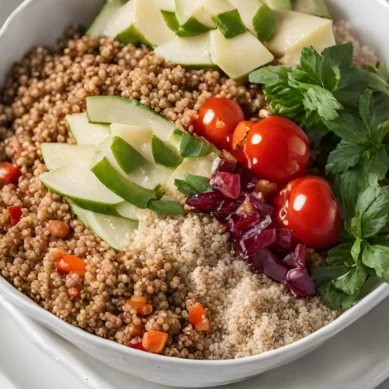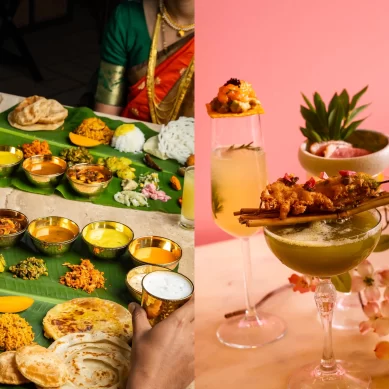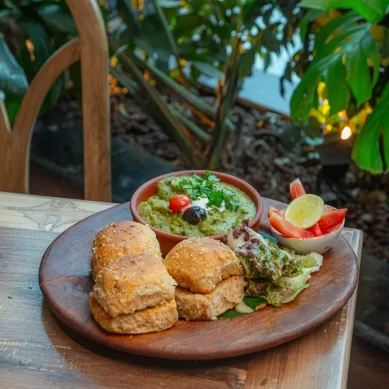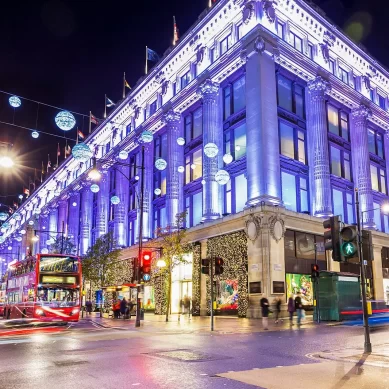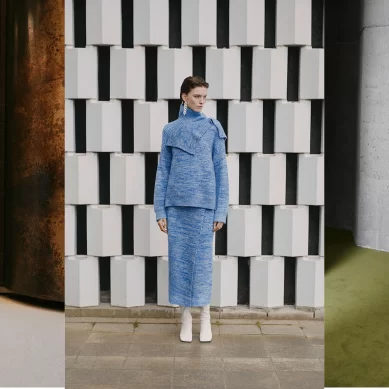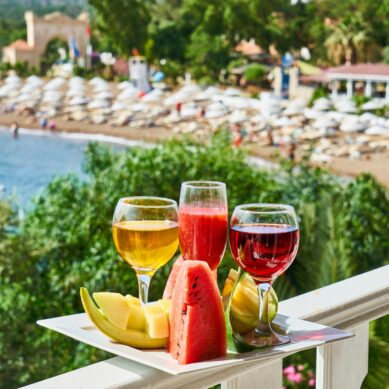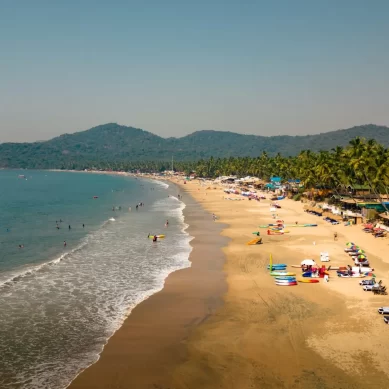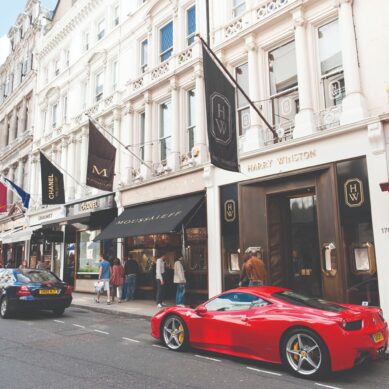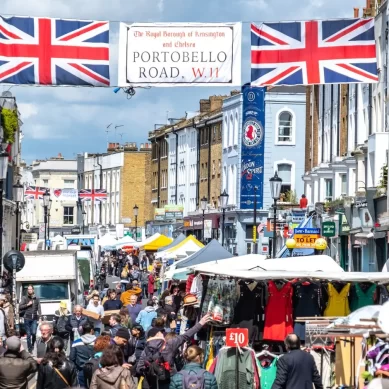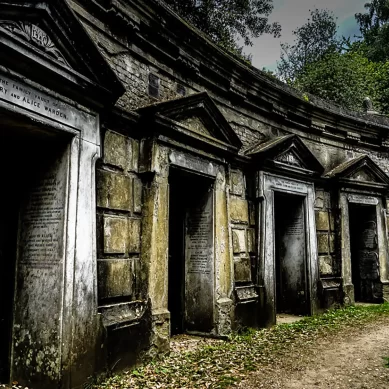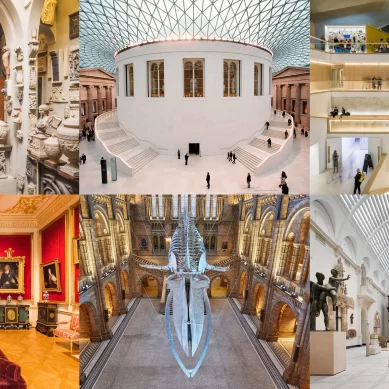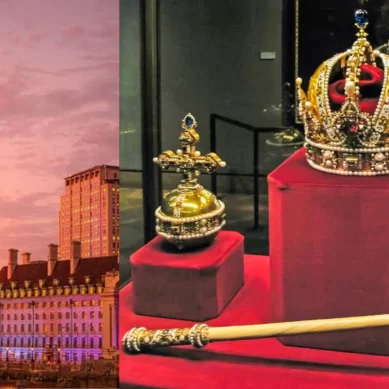Goa’s Timeless Charm: Rediscovering Leisure with Palmeiras de Saligao
Set on India’s picturesque coastline, idyllic Goa has long been known for its rich cultural heritage, vibrant landscapes and sunny beaches, attracting travelers from all over the world. This tropical paradise is a treasure trove of historic buildings, testifying to the region’s colonial past under Portuguese rule. In recent years, the restoration of Portuguese-influenced Goan homes has emerged as a fascinating way to preserve the region’s heritage while offering visitors an unparalleled journey back in time. The trend celebrates the fusion of Portuguese and Indian aesthetics, resulting in a unique blend of architecture, décor and atmosphere that effortlessly transports guests to a bygone era. In this article we embark on a journey to explore Goan houses with Portuguese influence, particularly focusing on Palmeiras de Saligao: Goa, historically captured by the Portuguese on 10th December 1510, marked Portugal’s first territorial possession in Asia. As the Portuguese expanded their influence in the region, places like Malacca, Indonesia, East Timor, the Persian Gulf, Macau, and Japan came under their control. The cultural exchange resulting from these travels left a lasting impact on the architecture of old Goan homes. In the pre-Portuguese era, dwellings in Goa were shaped by various socio-cultural factors, materials, technology, and climate. Factors such as occupation, family type (unitary or joint), gender roles, customs, religious practices, and economic status influenced the design of houses. Most of these traditional homes were introverted and conservative, organized around a central courtyard, with a focus on internal functions and few external windows. The arrival of the Portuguese introduced a new architectural style to Goa. The early secular buildings were constructed in the “Cha” style, featuring planar structures with windows and doors on one flat level. These buildings had a utilitarian design, resembling military architecture with a fortified appearance, similar to Portuguese forts. However, many of these structures built before the 1700s were not well-suited to the local climate and conditions. The Souza Figueiredo House in Sequeira Vaddo, Saligao, is an example of an eclectic architectural style seen in Goa since the 1930s. Elements of Victorian, Art and Craftsman style, and Art Deco were fused with the Indo-Portuguese style in this mansion. The inspiration for its design seems to have been drawn from the Mansion of Marcos Alvaro de Sa in Ribandar, near the old Medical hospital, belonging to the influential De Sa family, who were Barons of Combarjua and held significant sway in the local Goan community. The Palmeiras de Saligao, formerly the Souza Figueiredo Mansion, underwent renovation in April 2021 when it was purchased by VM Salgoacar Corporation Private Limited. The restoration project, initiated by Mr. Dattaraj Salgaocar, Chairman of the company, aimed to preserve the architectural character of the house while incorporating modern amenities. The mansion now comprises an entrance porch, entrance room, large drawing room, dining room, study, four bedrooms with ensuite facilities, rear porch, kitchen, store, and utility. An earlier outhouse has been transformed into a club house, and a gym has been added, along with staff quarters at the rear. The restoration maintained continuity by replicating elements like decorative columns in the extensions and integrating new roofs with the older ones using identical construction techniques and materials. Throughout the restoration process, the interiors were completed using existing furniture, and efforts were made to preserve the Victorian ceramic flooring tiles, with cement tiles used where necessary. The property boasts a spacious rear courtyard adorned with several trees, providing a private and ...



